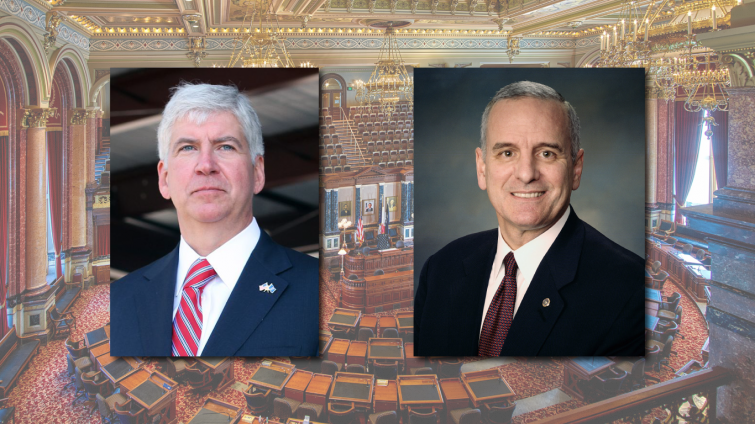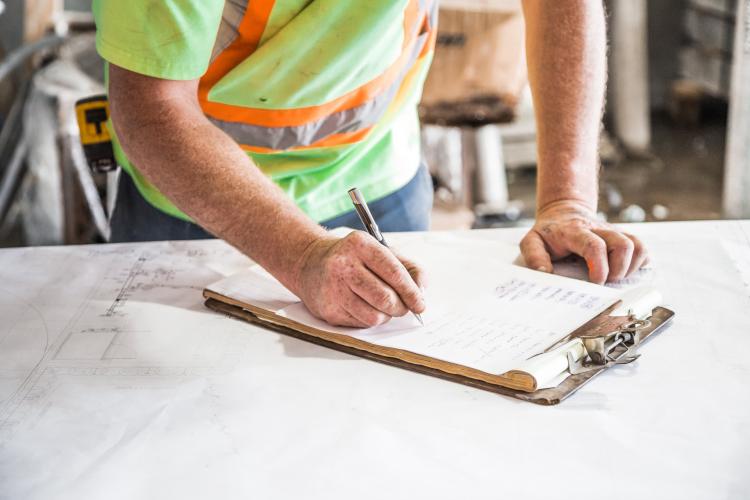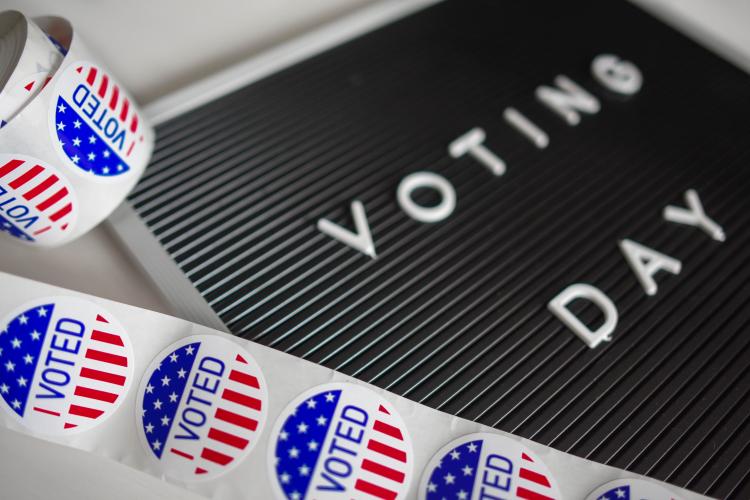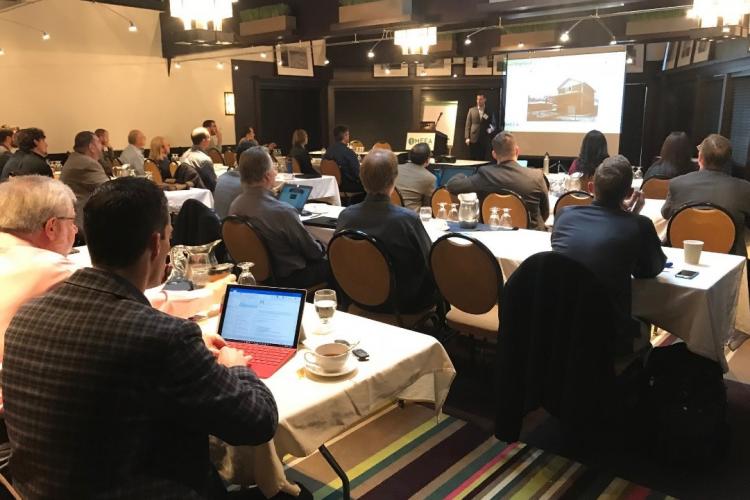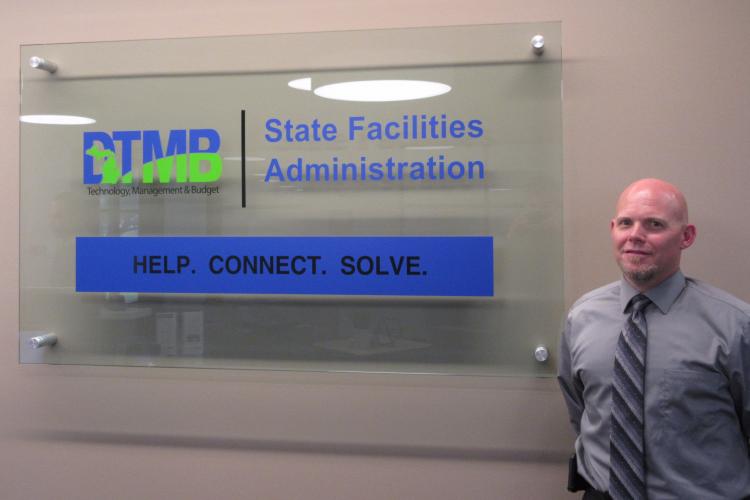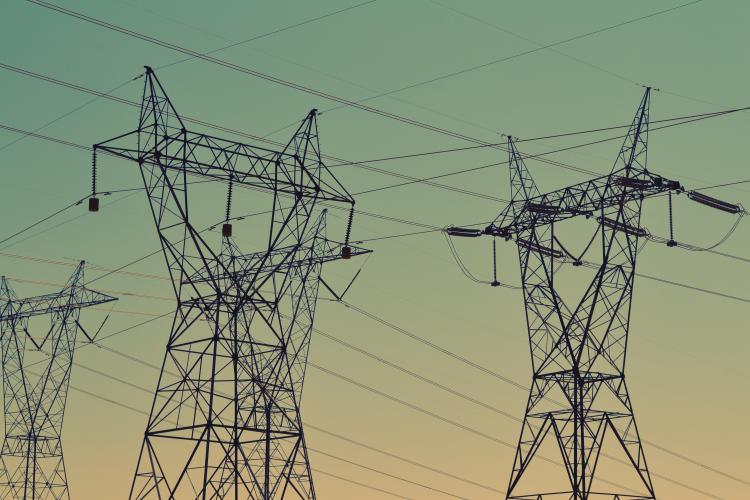A Tale of Two Governors
Democratic Governor Dayton of Minnesota and Republican Governor Snyder of Michigan hail from opposite sides of the aisle; yet, in a time of political polarization, these two governors found a common cause: energy efficiency. Not only have they used their positions to advance energy efficiency, but they did do in states with Republican supermajorities in both state legislative chambers. As governors they reduced energy waste and shaped their states’ energy policies, creating new jobs and setting their constituents up for promising clean energy futures.
